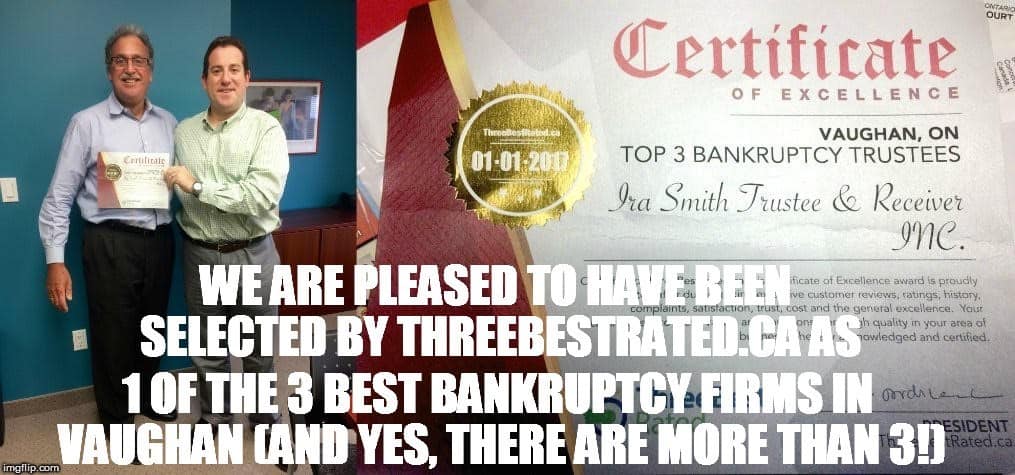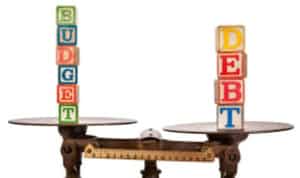 Comfortable retirement living: Introduction
Comfortable retirement living: Introduction
We all want a comfortable retirement living but many Canadians haven’t got a clue how to make that happen. Your financial health is never a matter of chance, unless you’re a big lottery winner; it takes careful planning and you need to make saving a habit. All the retirement blogs say so.
I can see many of you rolling your eyes now and wondering how you’re supposed to think about saving when you’re trying to make ends meet. But, without a plan your financial situation will never change.
Comfortable retirement living: You need a comfortable retirement budget
Are you thinking about your retirement? If not, now is the time. Research has shown that people who have a plan often save more money and are financially healthier than those who don’t.
- Those who thought about retirement — “a lot,” “some” or even “a little” — approached retirement age with twice the wealth of non-planners (2007 Pension Research Council study)
- Simply using a retirement calculator increased someone’s likelihood of saving (Journal of Consumer Affairs in 2011)
- Parents who created a plan to pay for their children’s college educations saved 76% more than parents who saved but didn’t have a plan (Sallie Mae’s How America Saves for College 2016 report)
- Households that plan for large, irregular expenses are 10 times as likely to be financially healthy as those that don’t (Center for Financial Services Innovation study in 2015)
Comfortable retirement living: What is financial health?
What exactly does financial health mean? The Centre for Financial Services Innovation has described financial health as having emergency and retirement savings, sustainable debt loads, good credit scores and property, life and health insurance. Are you financially healthy?
Comfortable retirement living: What is a comfortable retirement definition?
How do you define comfortable retirement? CANSTAR Pty Limited, a privately owned Australian research agency that provides finance comparison services, has what I think is a very good definition:
“…one which enables an older, healthy retiree to be involved in a broad range of leisure and recreational activities. It allows funding for private health insurance, a reasonable car and regular holidays (domestic and occasionally international)…”
Comfortable retirement living: How can you become financially healthy?
Everyone needs a plan – not just for retirement, but for more immediate goals like having enough for the monthly expenses. A financial plan always involves a budget and I can’t stress enough how important a budget is.
Once you have a plan in place you can start saving. It doesn’t have to be huge amounts of money, but just enough to start making saving a habit. Start building a little emergency fund. Once you follow the plan and make saving a habit, you’ll be well on your way to financial health.
If you’re struggling with debt and can’t see a way out, contact Ira Smith Trustee & Receiver Inc. We’re licensed trustees who are experts in helping people just like you get back on your feet Starting Over, Starting Now. Give us a call today and with the right plan you too can be financially healthy again.






